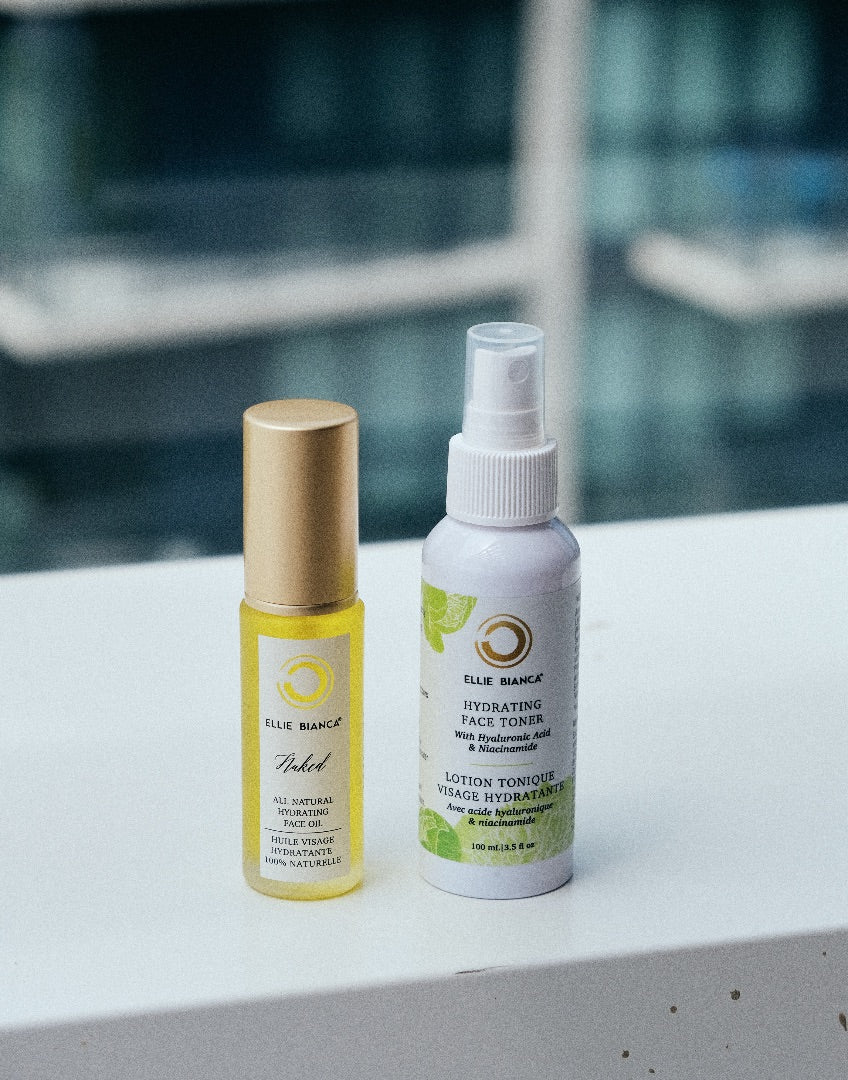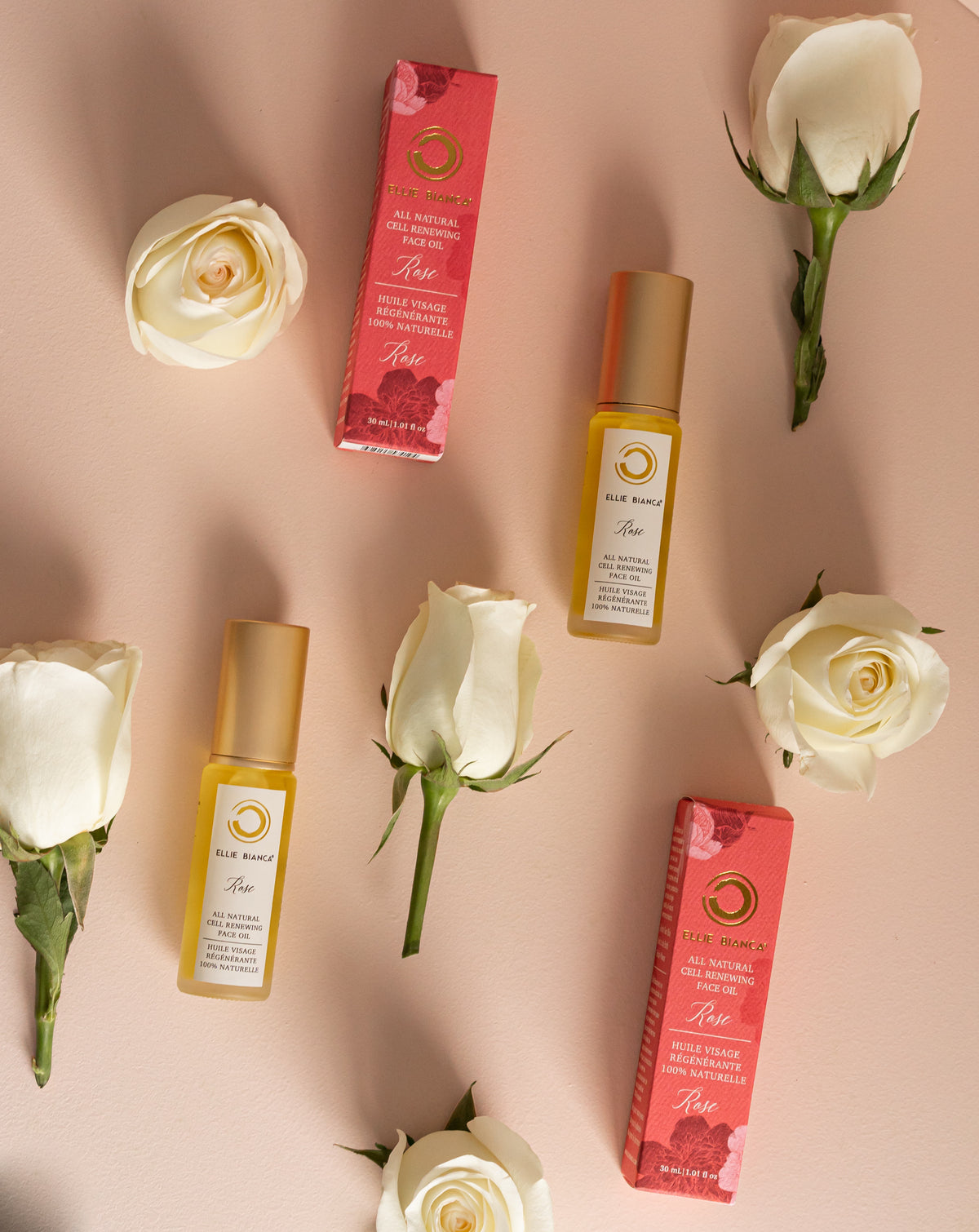Is Dead Sea salt the same as Epsom Salt?
The work week is done which means you’re more than ready to drift away into a luxurious bath (while sipping on a carefully selected Pinot Grigio, of course). While it may seem like all bath salts are made equal, there’s a secret to selecting the perfect bath salt. So, is Dead Sea salt the same as Epsom salt? We’ve done the research so you can enjoy your me-time with peace of mind.
Dead Sea salt vs. Epsom salt: What’s the difference?
Epsom salt is not actually a salt (gasp!), which might explain why a single bath requires such a large amount. Epsom salt is actually a mineral found in water that contains high levels of magnesium and sulfate. These ‘salts’ share a similar structure to table salt, which is where it earned its title as an unofficial salt. At the end of the day, Epsom salt is just a compound of magnesium bonded to sulfur and oxygen.
However, Dead Sea salt truly is salt. Dead Sea salt is 12 to 18 per cent sodium chloride, leaving tons of room in its composition for magnesium, calcium, sulfur, bromide, zinc, and potassium. When salt is heated, it creates negatively charged ions which produce a negative charge; therefore, when these ions enter our body they attach to toxins and neutralize them. Hello, detox!
Do bath salts help with inflammation?
Yes, yes and yes! The properties found in Dead Sea salt soothe achy muscles and skin conditions such as psoriasis and Rheumatoid Arthritis. Our best-selling Breathe Bath Salt detoxifies while replenishing and restoring your body with the invigorating scent of Breathe Essential Oil. Using Dead Sea salt means you can do more with less. We’ve created a quick guide that includes a few key minerals below to show you why you need to integrate Dead Sea salt into your bath routine ASAP:
- Magnesium: Magnesium is a powerful anti-inflammatory that lends itself to muscle movements, DNA repair and energy production. This super-nutrient enhances healing time, soothes damaged skin and improves rest and recovery.
- Potassium: Potassium is a positively-charged electrolyte that helps to hydrate, calm muscle contractions and balance pH. Potassium reduces water retention and soothes irritated skin.
- Bromide: Bromide soothes skin, relieves muscle cramps, calms nervous tension and repairs cells. Whew, what a mouthful! What doesn’t Bromide do?
- Sodium: Sodium is needed for the absorption and transportation of nutrients. This essential electrolyte relieves stiff and sore muscles, combats free radicals and exfoliates the skin. As if all of this wasn’t enough, sodium gently detoxifies and cleanses the skin, too.
1 Response
Leave a comment
Comments will be approved before showing up.





Yuki
September 09, 2018
Taking a bath during weekend is my retreat and life saver. I have been using many bottles of Epsom salt for a long time and I believe there are many positive effects by using it rather than just hot water from the tap. I also used Ellie Bianca’s bath salt but much smaller amount compare to my regular Epsom salt. My tub is big so I usually use approx 1-2 cups of Epsom salt But with Ellie Bianca’s, I only needed to put approx 1/4 Cup. And natural essential oils are already mixed into the salt so that’s an additional benefits!
I love to know about nutritions in everything including bath salt so appreciate the information in the article.